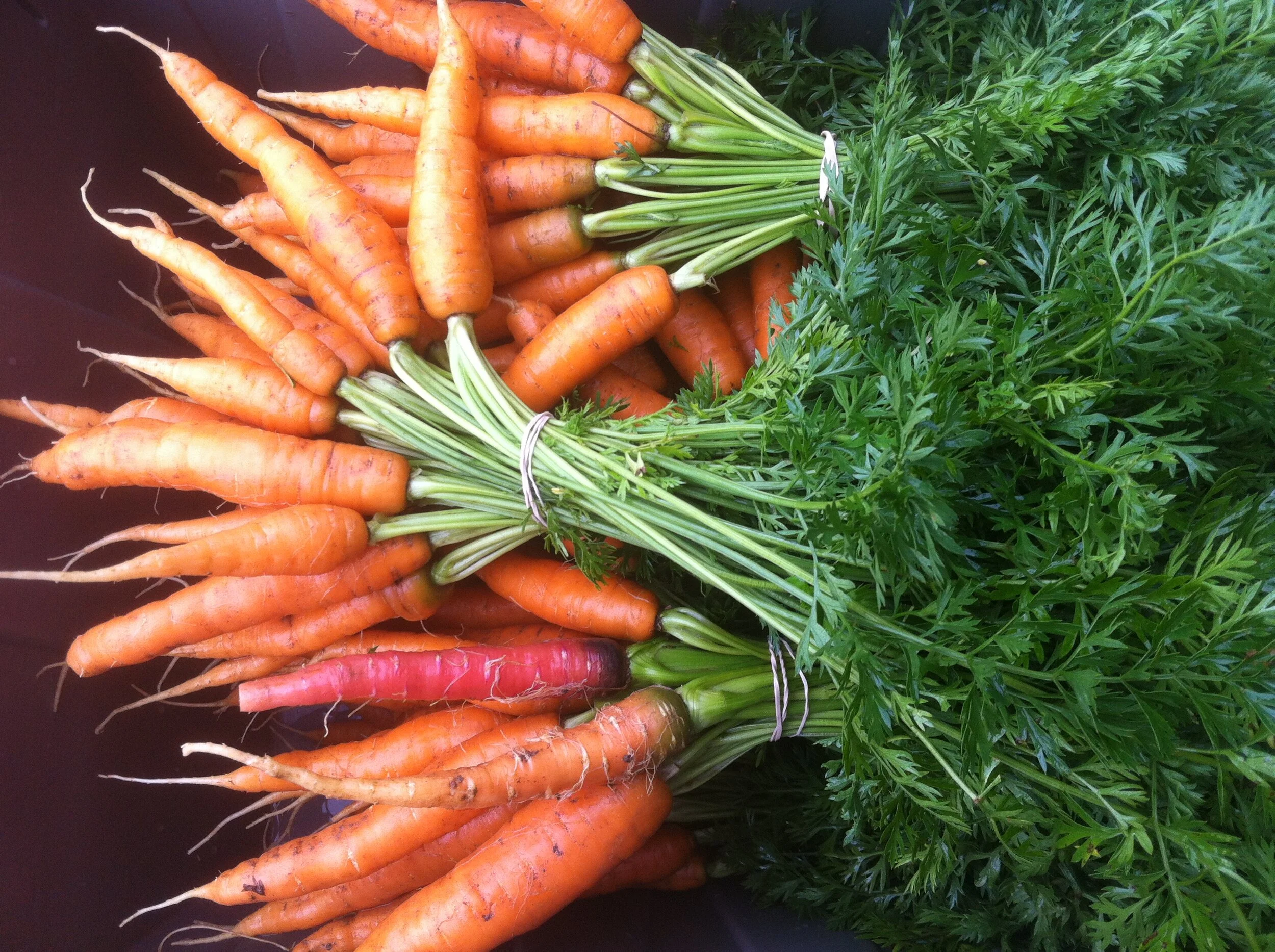The University of Maine has partnered with the National Food Access and COVID Research Team (NFACT) to document the effects of COVID-19 on food insecurity in Maine and across the United States. Project collaborators include Dr. Rachel Schattman (lead of the UMaine Agroecology Lab) and Kate Yerxa (Associate Extension Professor and EFNEP Coordinator with UMaine Extension).
The NFACT coalition has conducted common surveys across 18-study sites in more than 15-states and nationally. Today, the coalition is releasing the first collective policy brief, summarizing data from more than 26,000 respondents, across 22 separate surveys in these sites over the past year. Despite different geographic and social contexts, the coalition finds very similar results in nearly all sites. These findings included higher prevalence of food insecurity since COVID-19, and higher prevalence of food insecurity than the general population for BIPOC respondents, households with children, and those experiencing a job disruption (furlough, job loss, or reduced hours). The new brief is now available here.
In coming months, Schattman and Yerxa will release a series of research briefs detailing the results of the Maine NFACT study. Initial results show that food insecurity in Maine has increased since the beginning of the COVID-19 pandemic. Specifically, 25.2% of survey respondents report experiencing food insecurity before the pandemic began, and 34.1% reported experiencing food insecurity since. Among BIPOC Maine residents, this trend was even more concerning: 46.2% of BIPOC respondents reported food insecurity before and 56.4% reported food insecurity since the pandemic started. Households with children under the age of 18 years also reported food insecurity at higher rates than the general population: 44.3% of respondents with children in the household reported food insecurity before and 52.6% since the beginning of COVID-19. Forty-five percent of respondents who reported job disruptions also reported being food insecure in 2020, with those who experienced job lost being most affected.
Schattman and Yerxa are partnering with colleagues at the University of Vermont to repeat the NFACT survey in both Maine and Vermont, allowing the team to track the effects of COVID-19 on food insecurity over time. This work is being supported by an award from the University of Vermont’s Gund Institute for the Environment Catalyst Program, and is led by Dr. Meredith Niles. Collaborators include Drs. Jennifer Laurent, Emily Belarmino, Farryl Bertmann, Scott Merrill, Eric Clark, and Ph.D. student Sam Bliss.

